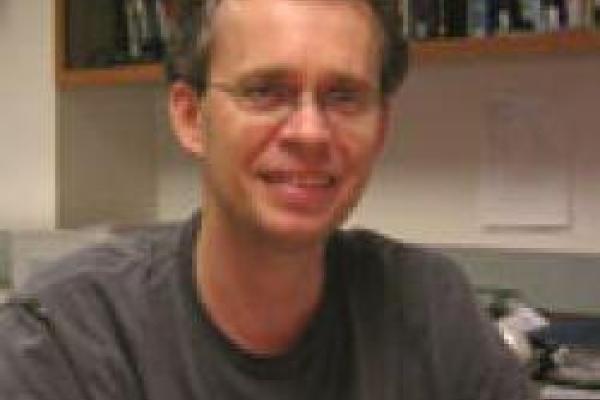
Life is diverse, but simple physical mechanisms underly the flow of energy in all forms of life. Energy comes to living organisms through electrons occupying high-energy states, either from food or light (photosynthesis). High-energy electrons are transported across the cellular membrane to create the difference in proton concentration across the membrane. The resulting electrostatic potential is stored in chemical bonds to provide energy to all functions of life. Life's ability to transfer electrons over large distances with nearly zero loss of free energy is puzzling and could not so far be accomplished in synthetic systems. I discuss the mechanisms of how this energetic efficiency is accomplished. Proteins in electron transport chains provide a broad spectrum of electrostatic fluctuations and relaxation times. The tuning of biological machines is achieved by adjusting the time-scales of individual electron transport events to the spectrum of relaxation times. Ergodicity is broken in such systems and thermodynamic free energies become irrelevant. This mechanism allows for an efficient optimization between the rates of individual electron-transfer events and the overall energy loss of the electron transport chain.
